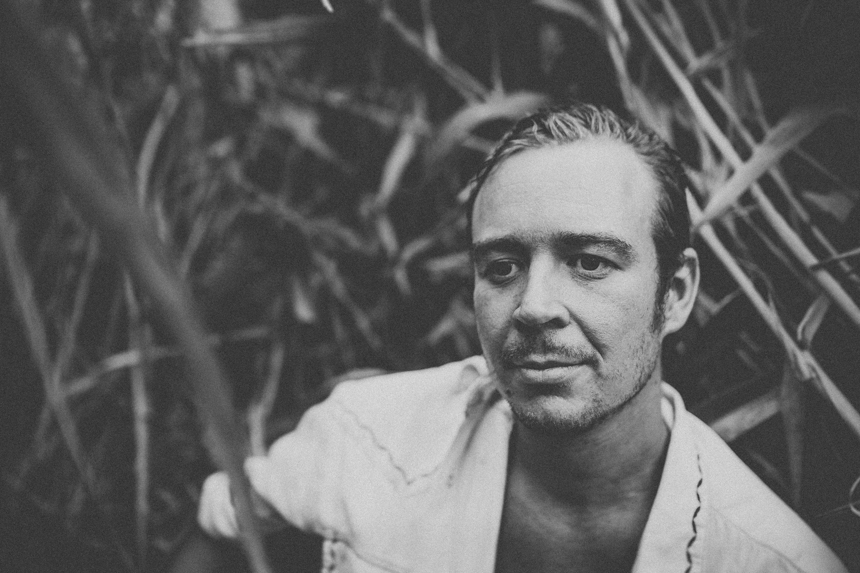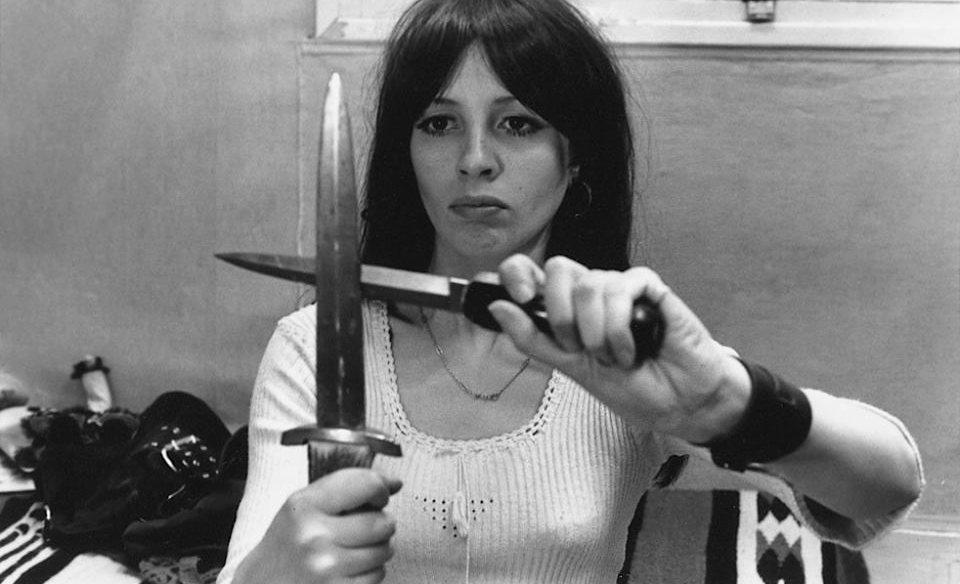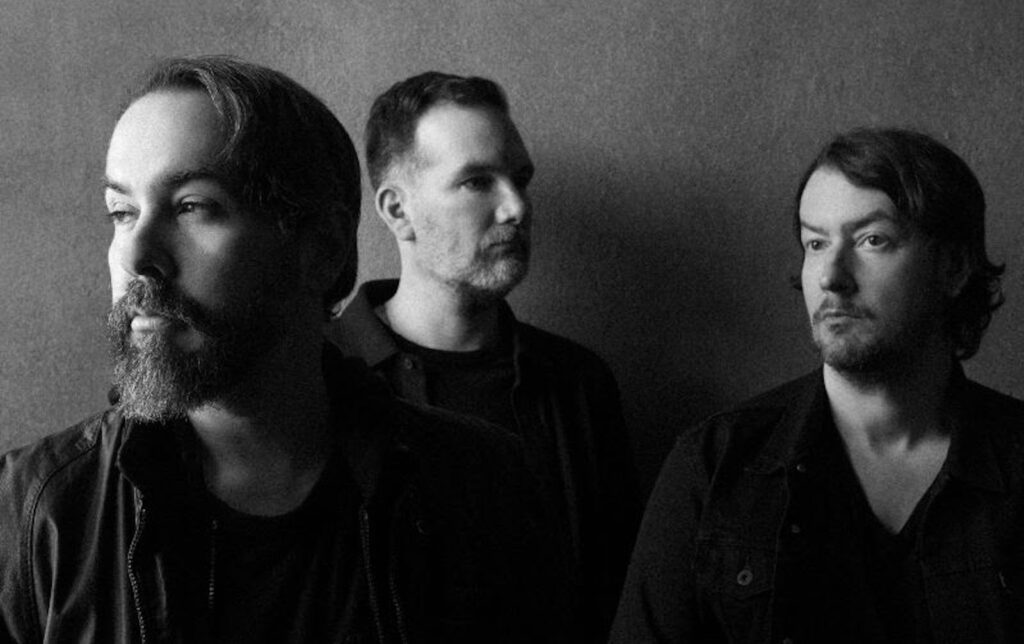“I was just writing about living in parks, drinking wine all night and playing music and sleeping on the ground and how you can be warm,” Archer recalls. “But when you’re in the warmest building in the biggest bed with the most amount of blankets you can be really cold. I suppose it’s a mindset – I always seem to trap myself in things.
“You can always do anything, you know? I could go to Africa tomorrow, but I’m not. Stake it all, you know? It’s better to have nothing but given it a go. It’s good to be chancing it all. Plenty of times I have had nothing after chancing it all. I don’t really care about stuff. I’m not attached to anything.”
We’re sitting in the alleyway outside the swanky members-only CBD bar Kelvin Clubas smoking kitchen hands drag out piles of rubbish and heap them into stench sweating bins. Archer is perched on a cement window sill with his rustic guitar sitting in a case beside him, readying to play a Pound Records showcase – the independent labelhe signed to in March this year. It’s a long trip into the city from his central Victorian home of Smeaton just to play a few songs, and when the subject of his motivations comes up, it seems Archer’s opinions sit firmly in reality.
“It’s almost just like a job at the end of the day, but would I do it if there was no money involved?” Archer ponders. “How many people would be doing it? I’d play around if there was some party, but would I go down here? I don’t play many gigs anymore because I don’t feel like getting pissed and just fooling around. Why do people play in a band? Is it to root chicks? It actually would be! If you asked five hundred 18-year-olds why they joined a band, what do you reckon you’d get? It would have to be in the top three reasons.
“I could have answered that a different way and said it’s because I’ve got a message to tell, and I do have a message to tell, but is me getting pissed and singing in a bar the best way? I could be blowing up Parliament House or something. That would be a faster and more immediate way of getting my message told. It’s tricky and who knows? You don’t think about your motivations. I’d be playing music anyway, but why do you go somewhere and play music?”
Archer’s music has a real taste of the blues, folk and country that came out of America’s South early last century with the spectre of Robert Johnson hanging over his currently available film clip Jesus Was A Man. It’s a type of music that was borne out of sweat, blood and oppression, which inevitably led to creating some of the most powerful songs ever heard. Those songs marked the beginning of people waking up to the nature of the corrupting forces controlling us, and Archer too carries that antiauthoritarian sense.
“The way I’ve always seen it, people in power is all a bluff,” Archer declares. “I say, ‘I’m in power’ and you say, ‘No you’re not’ or you say, ‘Yes you are’. But nothing’s like the way it is because everything’s in a state of change every second. What’s our biggest uprising in Australia? The Eureka Stockade, which lasted 27 minutes or whatever. We’ve never done anything for anything much. Small handfuls of people have tried.”
It’s very easy to lose the meaning of a song when you spend days processing it during a recording session. When you first hear Archer’s songs, the primary noticeable element is the lack of excessive production; each track is stripped back to guitar and the man’s guttural bluesman warbling. He’s been known to refuse recording more than one version of a song – his method of keeping the songs true to themselves.
“I’d do it again if I thought I’d fucked it up,” he says, “but then you’ve got five tracks of the same song and you’ve got to listen to it, it’s just confusing. You’re trying to put a whole bunch of moments together and try to make it the song’s core essence, but just going into a room for a day and trying to get 15 things’ core essences. You just end up with a pale version of it. When you write a song is when it’s at its most powerful. There can be other moments, but it’s usually not in a recording place because you haven’t got the wind blowing through your ears.”
BY RHYS MCRAE







